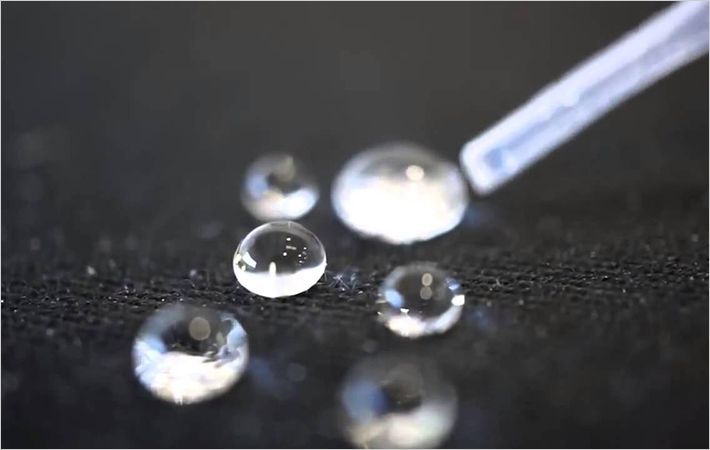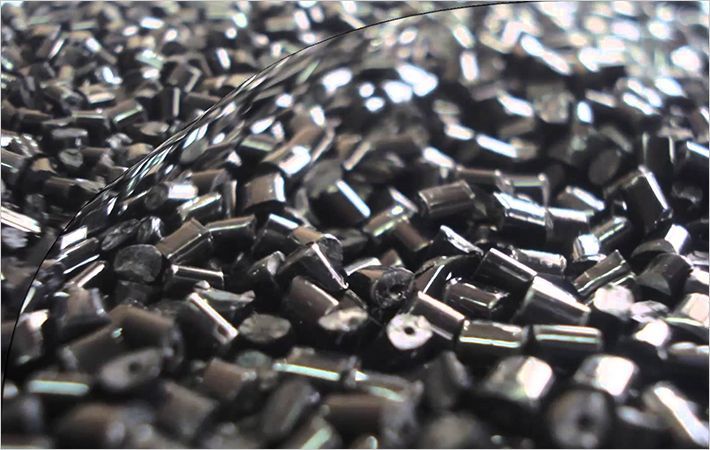Ricco Borella, marketing manager at Dow polyurethanes said, “The new Guard technology is the foundation for novel polymer polyols which exhibit excellent load-bearing and inherent flame retardant properties in addition to having ultra-low emission characteristics.”
With the performance and versatility of the new Voraguard products, a single polymer polyol can be used to produce the entire product range without the addition of other flame retardant polyols or high solids co-polymer polyols. Hence, the innovation delivers unprecedented formulation flexibility to meet the industry’s specific requirements for a wide range of end use in high resilience foam production.
Foams produced with the new Voraguard products provide excellent fire retardant properties. This combined with ultra-low emissions enables the production of halogen-free combustion modified high-resilience foam (CMHR), meeting severe flammability requirements, Dow informs in a statement.
Dow polyurethanes develops and delivers a broad portfolio of performance products and tailor-made solutions to customers in a variety of industries and applications ranging from energy-efficient residential and commercial construction, industrial solutions, infrastructure repair, to consumer comfort solutions in flooring, furniture, and footwear. (GK)
Fibre2fashion News Desk - India

